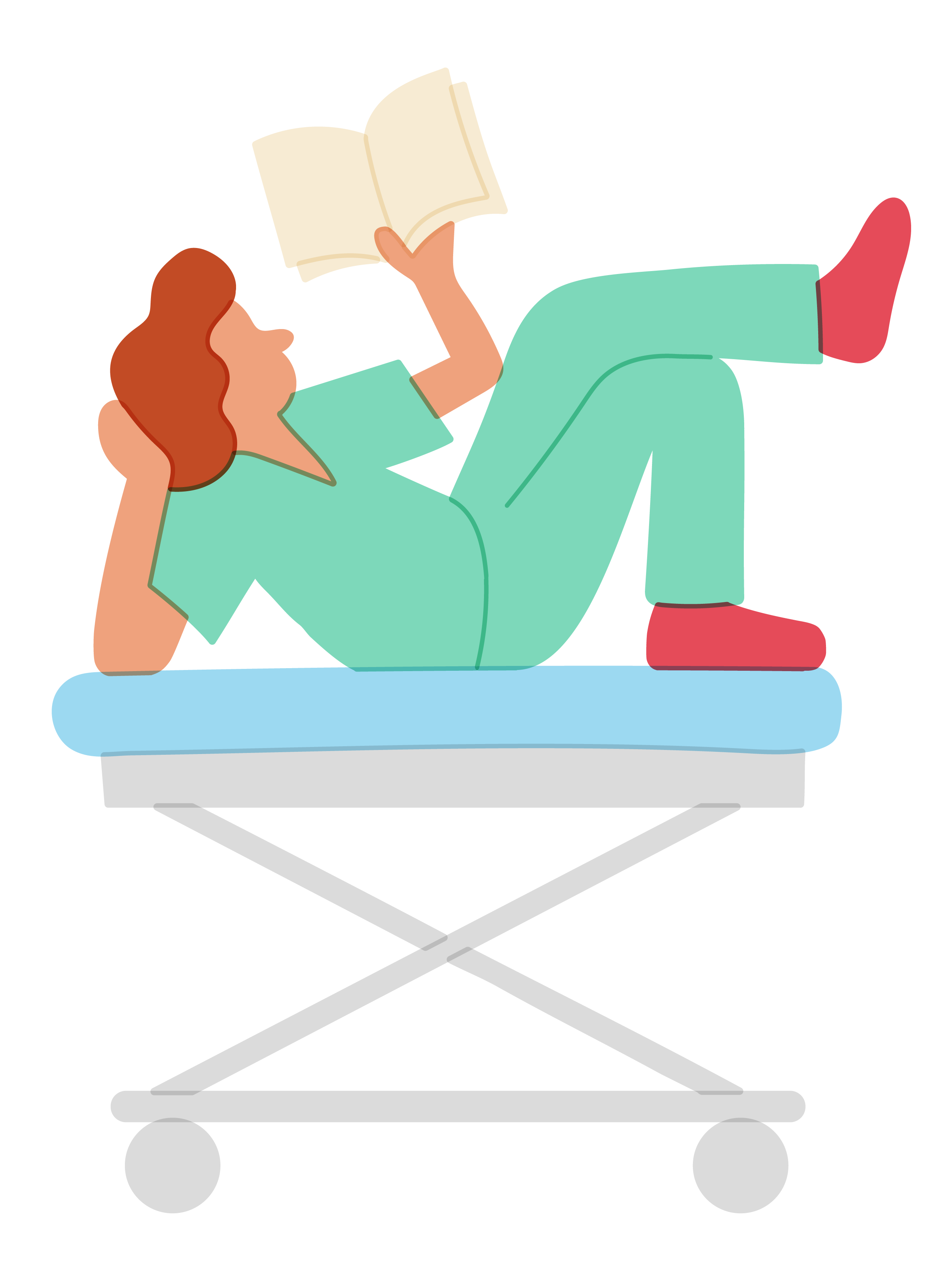Work-life balance is a phrase that people love to throw around, especially in medicine, but it’s often not clear what it means or how to actually achieve it. And I’ll be honest, there is no perfect work-life balance. The balance may sway toward work more often that you like and life may happen in ways that you weren’t expecting. However, after committing myself to career that requires a lot of work, I have been trying to achieve this balance early on in order to avoid burnout. These steps are fluid, and definitely can be adapted, but I thought I’d share some of the principles I use to achieve balance in my life.
1. Make a schedule
I live by my schedules. I write out what I want to do each hour of the day, especially on a busy week. And I’m not just saying to write “homework”, I’m saying to write exactly what you are going to do. How many lectures will you study? Which readings will you do? These schedules help me to stay productive and on task throughout the day, so that I complete everything I have to do in a reasonable time frame. You can make your schedule on paper, on an app, sticky note...whatever works best for you. The most important thing is to make them specific and achievable.
2. Stop working at 10pm
This won’t work for everyone, especially those who are night owls, but as a person whose brain power decreases substantially as the night goes on, I highly recommend setting a limit on when you need to finish work. When I set a limit for myself I am much more productive during the day because I know there is a time at which I have to be done studying. With no time limit, I tend to dilly-dally, and then it’s 11pm and I haven’t started my homework. This strategy helps me (and hopefully you) to study smarter and to be confident in the knowledge that I have, instead of wondering whether I could’ve studied more or better.
3. Sleep!
You’ll be more productive (and happier) if you sleep. Take time to quiet your mind and recover from a long day. You’ll be able to tackle more the next day on a good night’s sleep. I won’t tell you to sleep for 8 hours, because not everyone needs the same amount of sleep, but I will say to give your body and mind the rest that it deserves.
4. Set aside an hour of “you time” every day
Even if you have a final exam the next day, I strongly encourage you to take an hour to yourself that day. You will be in a better mental headspace for studying and for the exam if you take time off. I try to go for a walk/ exercise every day, and cook at least one meal, to center myself. I also try to watch a TV show or read before bed, so that I’m not transitioning right from studying to sleep. I promise you’ll study better and be happier if you are doing something that you enjoy every day!


Comments